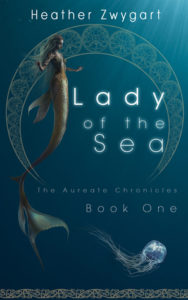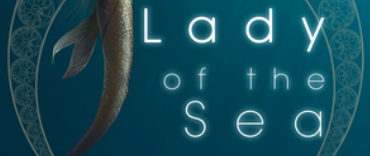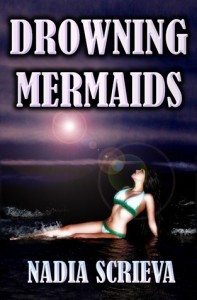 I downloaded Lady of the Sea when it was free on amazon, completely because I was entranced by the cover. It’s gorgeous. I don’t think I even read the blurb. And then when I noticed the authors name is Heather Zwygart, I decided to read it right away. I promised myself that this year I wouldn’t reach December with an author beginning in Z being the last left in my alphabet challenge.
I downloaded Lady of the Sea when it was free on amazon, completely because I was entranced by the cover. It’s gorgeous. I don’t think I even read the blurb. And then when I noticed the authors name is Heather Zwygart, I decided to read it right away. I promised myself that this year I wouldn’t reach December with an author beginning in Z being the last left in my alphabet challenge.
Description from Goodreads:
Avelessa has always had someone in her life to make decisions for her. With no family left and her mentor near death she has to make the biggest decision of her life.
She goes in search of a pearl, known as Sol Fyre, all the while crossing the boundary the Elders put in place for their safety.
She discovers a few things along the way. The Elders are keeping secrets. And humans… well they are not as evil as she has been taught to believe.
Review:
This is 100% a YA novel and I have 100% gone off YA books. But even if I set that aside, I was disappointed. I thought it inconsistent, juvenile (yeah, I know YA), unfocused and incomplete, being that it ended on a cliffhanger.
The writing was ok, but the editing was a little rough. Most of the book is Avelessa doing unimportant things with the two boys who she coincidentally meets as soon as she comes ashore, which irritated me. I kept thinking, don’t you have more important things to do? Her choices made little sense to me, she waffled back and forwards about her decisions, the emotions whipped around so fast I couldn’t follow them, I dislike love triangles, I don’t see why if a novel is set in 1850 New Zealand a European has to be one of the main heroes, and I needed more information about the world.
This really might be a matter of the wrong book for the wrong reader and others might enjoy it a lot more than me. But I can’t say the story lived up to that beautiful cover.

